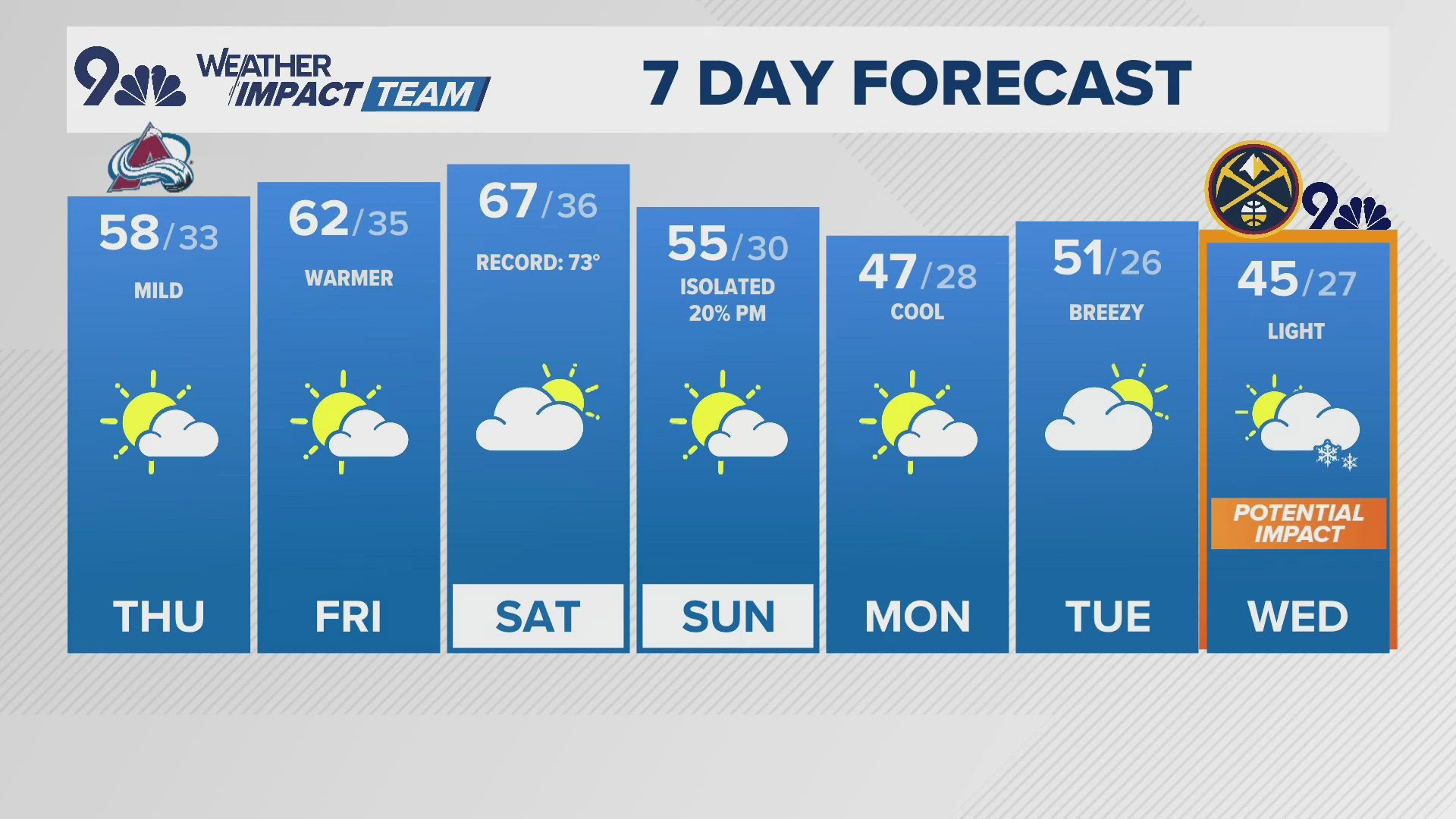Do you know what you’d do if you heard a tornado siren?
The most important thing when that happens is that you have a plan, so you’re not caught completely off guard.
“If there’s a warning and you don’t have a plan, you’re too late,” Bernie Meier of the National Weather Service in Boulder told 9NEWS.
READYColorado, a project dedicated to homeland security and hazard preparation, noted that tornados can strike with little warning and had some tips on planning for them:
- Register for local reverse telephone alerts. Simply click here, then click on “Alerts” next to your county to sign up.
- Pay attention to weather changes and stay informed during tornado watches and warnings. A tornado watch means that tornado are possible, but a tornado warning means that one has been seen.
- Know the weather signs that herald a tornado. Some are large hail, a loud roar, dark skies that may have a green tint and large clouds that are close to the ground.
- And create a safe room ahead of time, and make sure everyone in your family knows where it is.
Ideally, your safe room should be below ground, such as in a basement. But ready.gov said that a safe room in a first-floor interior room (i.e. a room with walls and without windows) can also protect you.
“Put as many walls as possible between you and the outside,” it said.
If your safe room is underground, have a professional check that it’s built against accumulating water, as heavy rains often come with severe windstorms, READYColorado said.
Other points ready.gov said to think about in a safe room:
- Adequately anchored to resist being turned over or lifted up.
- Walls, ceiling and door must stand up to wind pressure, flying objects and debris
- Connections between all parts of the room must be strong enough to resist the wind.
- The sections of the walls that are used for the safe room must be separated from the residence’s structure so that damage to it will not damage the safe room.
Then once you’re in your safe spot, wait for the tornado to pass. Meier said to bring a smart phone or weather radio with you to keep abreast of its developments and to listen for the sirens to stop.
Once the tornado is over, ready.gov said to listen to local officials for updates and instructions and stay out of damaged buildings and homes until authorities say they’re safe.
Also watch out for debris and downed power lines. If you’re without power, use lights powered by a battery (such as a flashlight) rather than candles to prevent accidently fires.
And take pictures of any property damage and take steps to prevent more damage, such as putting tarp on a damaged roof. Insurance may not cover additional damage after the storm.



